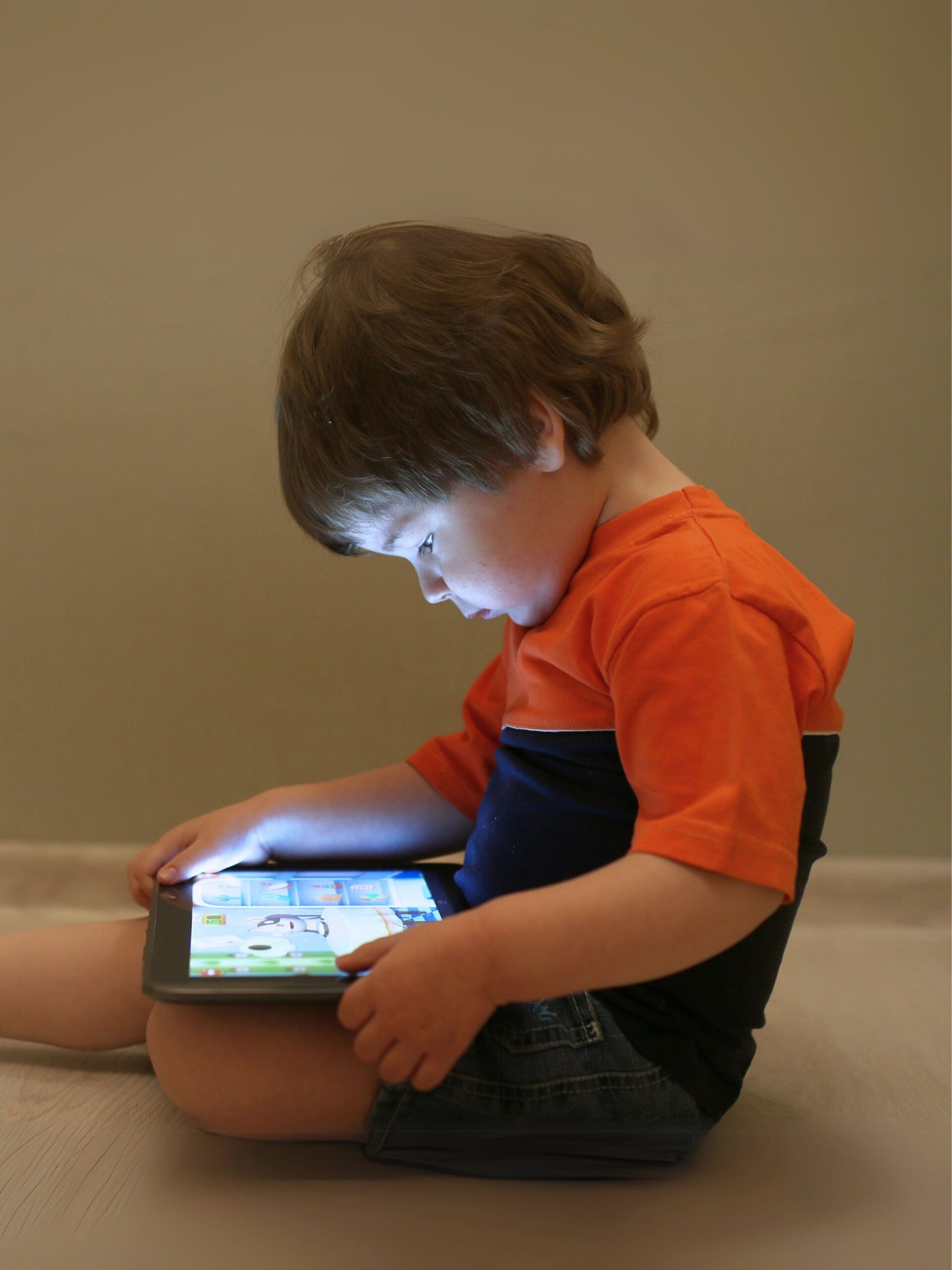Navigating Modern Parenting Challenges: Expert Advice and Solutions for 2024
Navigating Modern Parenting Challenges: Expert Advice and Solutions for 2024

Parenting in 2024 presents unique challenges that previous generations never faced. From managing screen time and digital device usage to fostering emotional intelligence in an increasingly complex world, modern parents are navigating uncharted territory. Recent Google Trends data reveals that parents are searching for solutions to challenges ranging from child development concerns to maintaining strong family bonds in our fast-paced society.
This comprehensive guide explores the most pressing parenting challenges of our time and provides evidence-based solutions that experts recommend. Whether you're dealing with behavioral issues, communication barriers, or simply seeking to strengthen your relationship with your child, this article offers practical strategies that can transform your parenting journey.
Understanding Modern Parenting Challenges
Today's parenting landscape is dramatically different from even a decade ago. Parents face unprecedented challenges that require new approaches and understanding. The rise of digital technology, changing social dynamics, and evolving educational expectations have created a complex environment for raising children.

What Are Parenting Challenges?
Parenting challenges refer to the difficulties, obstacles, and complex situations that parents encounter while raising their children. These challenges can range from everyday behavioral issues to more significant concerns about child development, mental health, and family dynamics. Understanding these challenges is the first step toward developing effective solutions.
Modern parenting challenges often stem from:
- Rapid technological advancement and digital integration
- Changing social structures and family dynamics
- Increased awareness of mental health and emotional development
- Information overload and conflicting parenting advice
- Economic pressures and work-life balance struggles
The Top Parenting Challenges of 2024
Based on recent research and Google Trends data, several key challenges dominate the concerns of modern parents. Understanding these prevalent issues helps parents recognize they're not alone in their struggles and provides a roadmap for addressing common concerns.
1. Managing Screen Time and Digital Device Usage

Screen time management has emerged as one of the most significant parenting challenges of 2024. Research from the American Psychological Association indicates that increased screen time can lead to emotional and behavioral problems in children, creating a vicious cycle where kids with these issues often turn to screens to cope.
The challenge isn't just about limiting screen time—it's about finding the right balance. Studies show that extremely low screen time can actually correlate with worse mental health outcomes, making this a nuanced issue that requires careful consideration rather than blanket restrictions.
2. Communication and Emotional Connection

Effective communication remains a cornerstone challenge for parents. Building strong emotional connections with children requires active listening, empathy, and consistent engagement. Many parents struggle with creating an environment where children feel safe to express their thoughts and emotions freely.
The digital age has added layers of complexity to parent-child communication, as children often prefer digital interaction methods that parents may not fully understand or appreciate.
3. Behavioral Issues and Discipline
Managing challenging behaviors while maintaining a positive relationship with children requires skill and patience. Modern parents are moving away from traditional punishment-based discipline toward more constructive approaches that focus on teaching and guidance rather than punishment.
This shift requires parents to develop new skills in conflict resolution, boundary setting, and positive reinforcement techniques that promote long-term behavioral change.
4. Academic Pressure and Performance Anxiety

The pressure for academic excellence has intensified, leading to increased stress for both parents and children. Parents struggle with finding the balance between encouraging academic achievement and preserving their child's mental health and love of learning.
5. Mental Health and Emotional Well-being
Mental health concerns among children and adolescents have increased significantly. Parents are challenged with recognizing signs of anxiety, depression, and other mental health issues while knowing how to provide appropriate support and when to seek professional help.
Root Causes of Modern Parenting Challenges
Understanding the underlying causes of parenting challenges helps parents address issues at their source rather than merely managing symptoms. Several key factors contribute to the complexity of modern parenting.
Societal and Environmental Factors
The rapid pace of social change, urbanization, and decreased community support systems have created isolation for many families. Traditional support networks that previous generations relied upon are often unavailable to modern parents.
Information Overload
While access to information can be beneficial, parents today face overwhelming amounts of often contradictory advice about child-rearing. This information overload can lead to decision paralysis and increased anxiety about parenting choices.
Economic Pressures
Financial stress and the need for dual-income households have reduced the time parents can spend with their children while increasing pressure to provide material resources for their development.
The Benefits of Positive Parenting Approaches

Positive parenting approaches offer numerous benefits for both children and parents. Research consistently shows that children raised with positive parenting techniques demonstrate better emotional regulation, stronger social skills, and improved academic performance.
Enhanced Emotional Intelligence
Children who experience positive parenting develop stronger emotional intelligence, which helps them form better friendships, handle disagreements constructively, and navigate social situations with confidence. This emotional competence becomes a foundation for success throughout their lives.
Improved Communication Skills
Positive parenting emphasizes open communication and active listening, which helps children develop strong verbal and non-verbal communication skills. These abilities serve them well in academic, social, and professional settings.
Stronger Parent-Child Relationships
When parents use positive approaches, they build trust and mutual respect with their children. This strong foundation creates lasting relationships that continue to benefit both parties throughout their lives.
Better Long-term Behavioral Outcomes
Children raised with positive parenting techniques show lower rates of behavioral problems, substance abuse, and mental health issues in adolescence and adulthood. The investment in positive parenting approaches pays dividends for years to come.
Evidence-Based Solutions and Strategies
Addressing parenting challenges effectively requires implementing proven strategies based on child development research and expert recommendations. The following solutions have been validated through extensive study and practical application.
Establishing Healthy Screen Time Boundaries

Rather than completely eliminating screen time, experts recommend creating structured boundaries that allow for beneficial digital interaction while preventing excessive use. This includes:
- Establishing designated screen-free times and zones in the home
- Choosing high-quality, educational content when screens are used
- Engaging with children during screen time to make it interactive
- Modeling healthy screen habits as parents
- Gradually introducing more independence in screen time management as children mature
Developing Effective Communication Strategies
The foundation of effective parent-child communication lies in active listening and creating safe spaces for expression. Key strategies include:
- Practicing reflective listening by summarizing what your child has shared
- Asking open-ended questions that encourage deeper conversation
- Validating emotions while addressing behaviors separately
- Creating regular one-on-one time for meaningful conversations
- Using age-appropriate language and concepts
Implementing Positive Discipline Techniques
Positive discipline focuses on teaching rather than punishing, helping children develop internal motivation for good behavior. Effective techniques include:
- Natural consequences that allow children to learn from their choices
- Problem-solving partnerships where parents and children work together
- Consistent routines and clear expectations
- Positive reinforcement for desired behaviors
- Time-in rather than time-out approaches that maintain connection
Building Emotional Intelligence

Helping children develop emotional intelligence requires intentional effort and modeling. Parents can support this development by:
- Labeling emotions as they occur in daily life
- Teaching coping strategies for difficult emotions
- Discussing emotional situations in books, movies, and real life
- Modeling emotional regulation in their own behavior
- Creating family traditions that build emotional connections
Expert Insights and Professional Recommendations
Leading child development experts and parenting professionals emphasize several key principles that can guide parents through challenging situations. These evidence-based insights provide a framework for making parenting decisions with confidence.
The Power of Connection Before Correction
Child development experts consistently emphasize that emotional connection must precede behavioral correction. When children feel understood and valued, they are more receptive to guidance and learning. This approach builds trust and cooperation rather than compliance based on fear.
The Importance of Consistency and Patience
Research shows that consistent parenting approaches, even when they're not perfect, produce better outcomes than inconsistent application of ideal techniques. Experts recommend choosing a few key strategies and implementing them consistently rather than constantly changing approaches.
Supporting the Whole Child
Modern parenting experts emphasize the importance of addressing children's physical, emotional, social, and cognitive needs holistically. This comprehensive approach helps children develop resilience and adaptability in facing life's challenges.
Creating Supportive Family Environments

A supportive family environment serves as the foundation for addressing parenting challenges effectively. This environment is characterized by safety, predictability, warmth, and opportunities for growth and learning.
Establishing Family Routines and Traditions
Predictable routines provide security for children while family traditions create lasting memories and strengthen bonds. These elements work together to create a stable foundation from which children can explore and grow confidently.
Encouraging Individual Expression
While maintaining family cohesion, it's important to recognize and celebrate each child's unique personality, interests, and talents. This balance help



